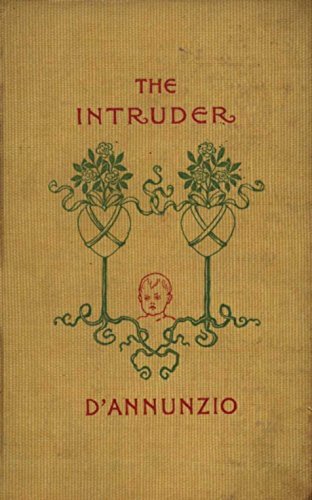What do you think?
Rate this book


296 pages, Kindle Edition
First published January 1, 1892
“Por dicha ley (la influencia de la herencia) un hijo en ocasiones no se parece ni a su padre ni a su madre, sino al hombre que ha tenido con la madre un contacto anterior a la fecundación. Una mujer casada en segundas nupcias, tres años después de la muerte de su primer marido, concibe hijos que tienen todos los rasgos del marido difunto y no se parecen en nada a aquel que los ha procreado.”Supongo que es una teoría que se inventó algún cuñado avispado de alguna viuda desconsolada.
“¿Quiénes somos? ¿Qué sabemos? ¿Qué queremos? Jamás nadie ha obtenido aquello que ha amado; jamás nadie obtendrá aquello que amará. Buscamos la bondad, la virtud, el entusiasmo, la pasión que colmará nuestras almas, la fe que calmará nuestras inquietudes, la idea que defenderemos con todo nuestro arrojo, la obra a la cual nos consagraremos, la causa por la cual daríamos la vida. Y el final de todos nuestros esfuerzos es simplemente un vacuo cansancio, el sentimiento de la fuerza que se disipa y del tiempo que se derrocha…Y la vida, me parecía en aquella hora, una visión lejana, confusa y vagamente monstruosa. La demencia, la estupidez, la pobreza, la ceguera, todas las enfermedades, todas las desgracias; la oscura agitación continua de fuerzas inconscientes, atávicas y bestiales en lo más íntimo de nuestra esencia; las más altas manifestaciones del espíritu, inestables, fugaces, siempre subordinadas a un estado físico, ligadas a las funciones de un órgano; las transfiguraciones espontáneas surgidas por una causa imperceptible, de la nada; la parte inevitable de egoísmo que existe incluso en los más nobles actos; la inutilidad, la futilidad de los amores supuestamente eternos, la fragilidad de las virtudes supuestamente inquebrantables, la debilidad de las más sanas voluntades, todas las vergüenzas, todas las miserias se me aparecieron en aquella hora. ¿Cómo se puede vivir? ¿Cómo se puede amar?”